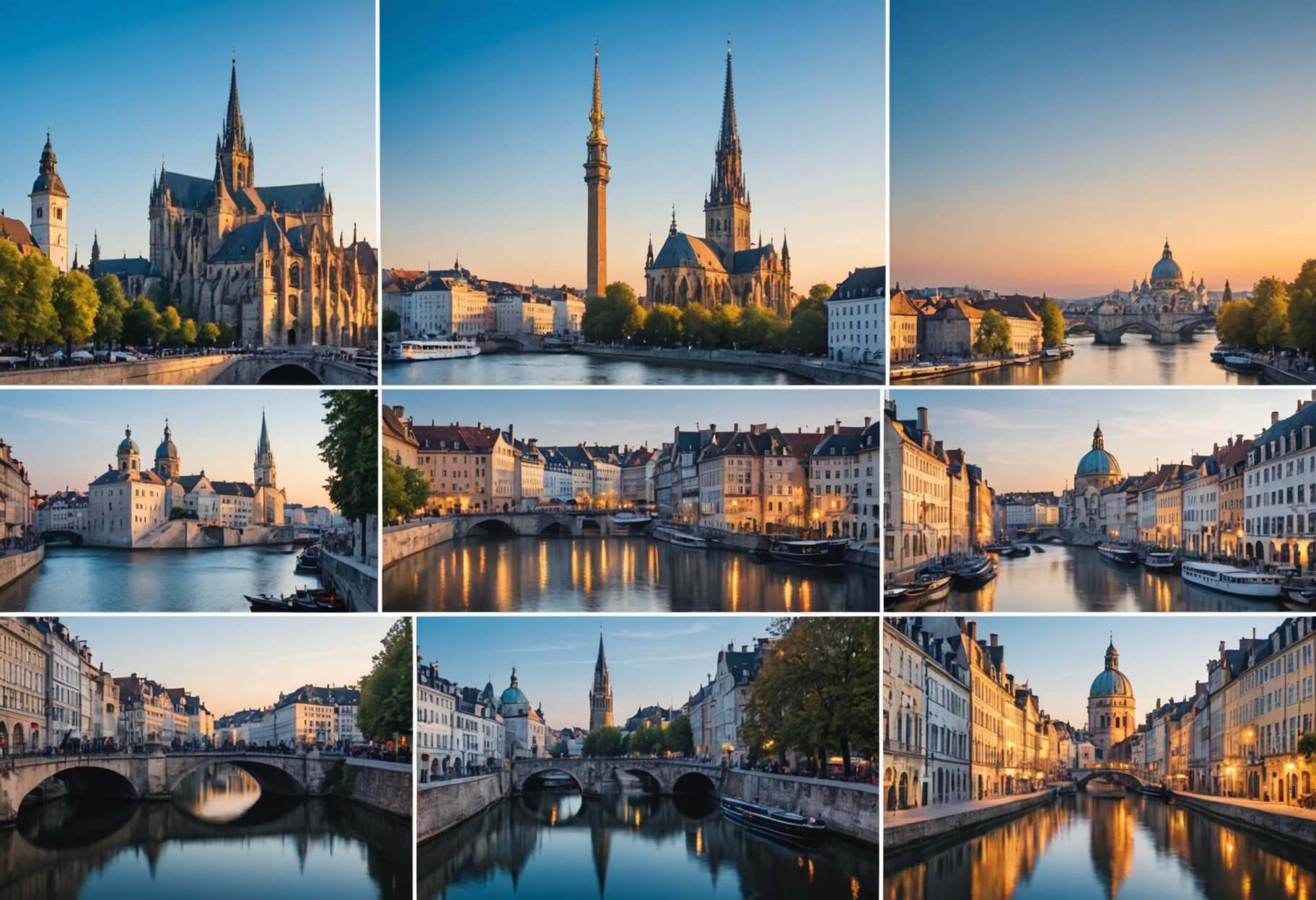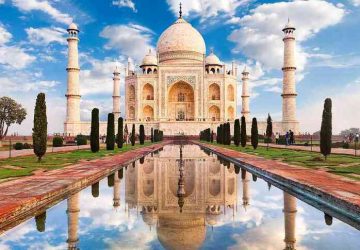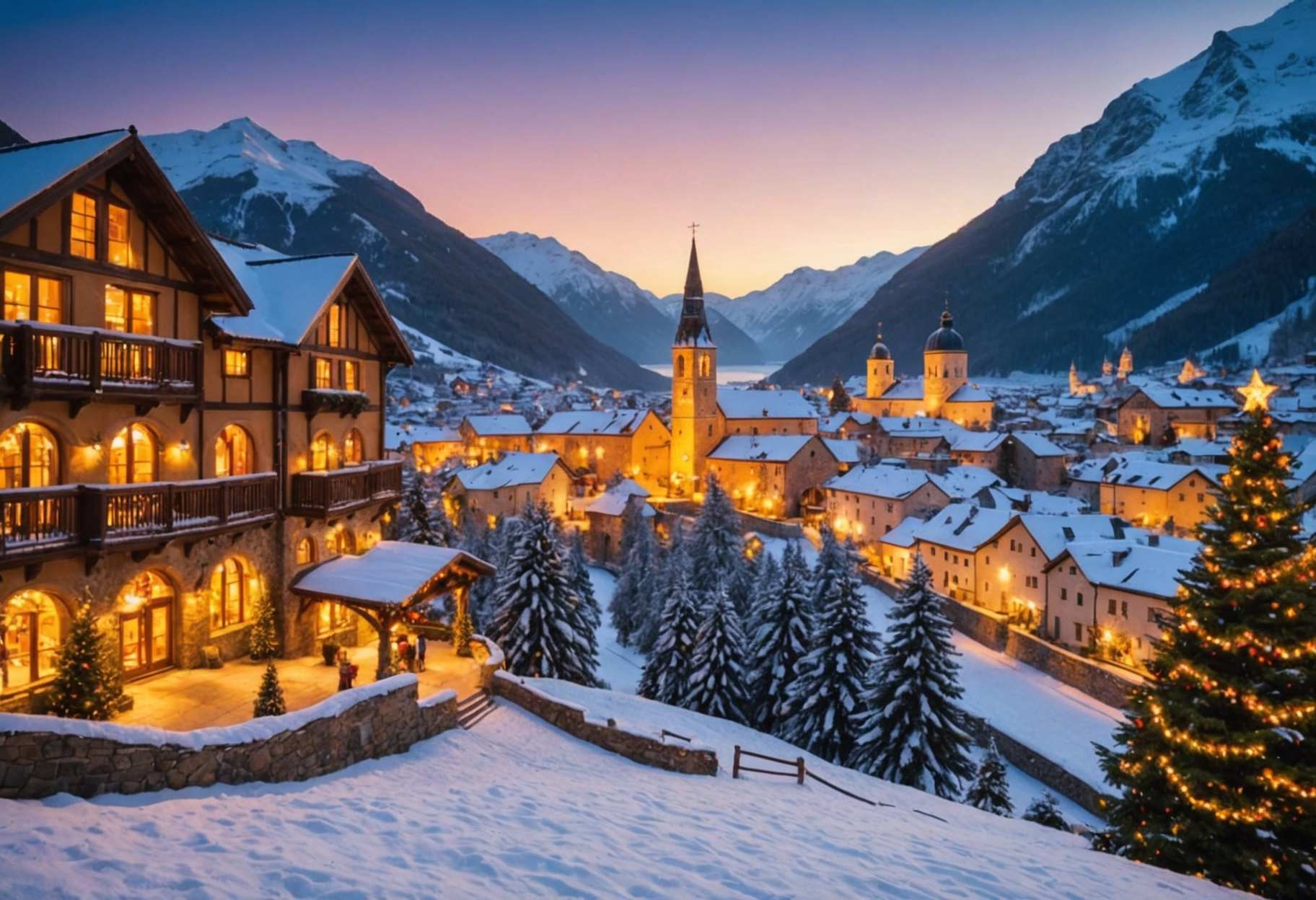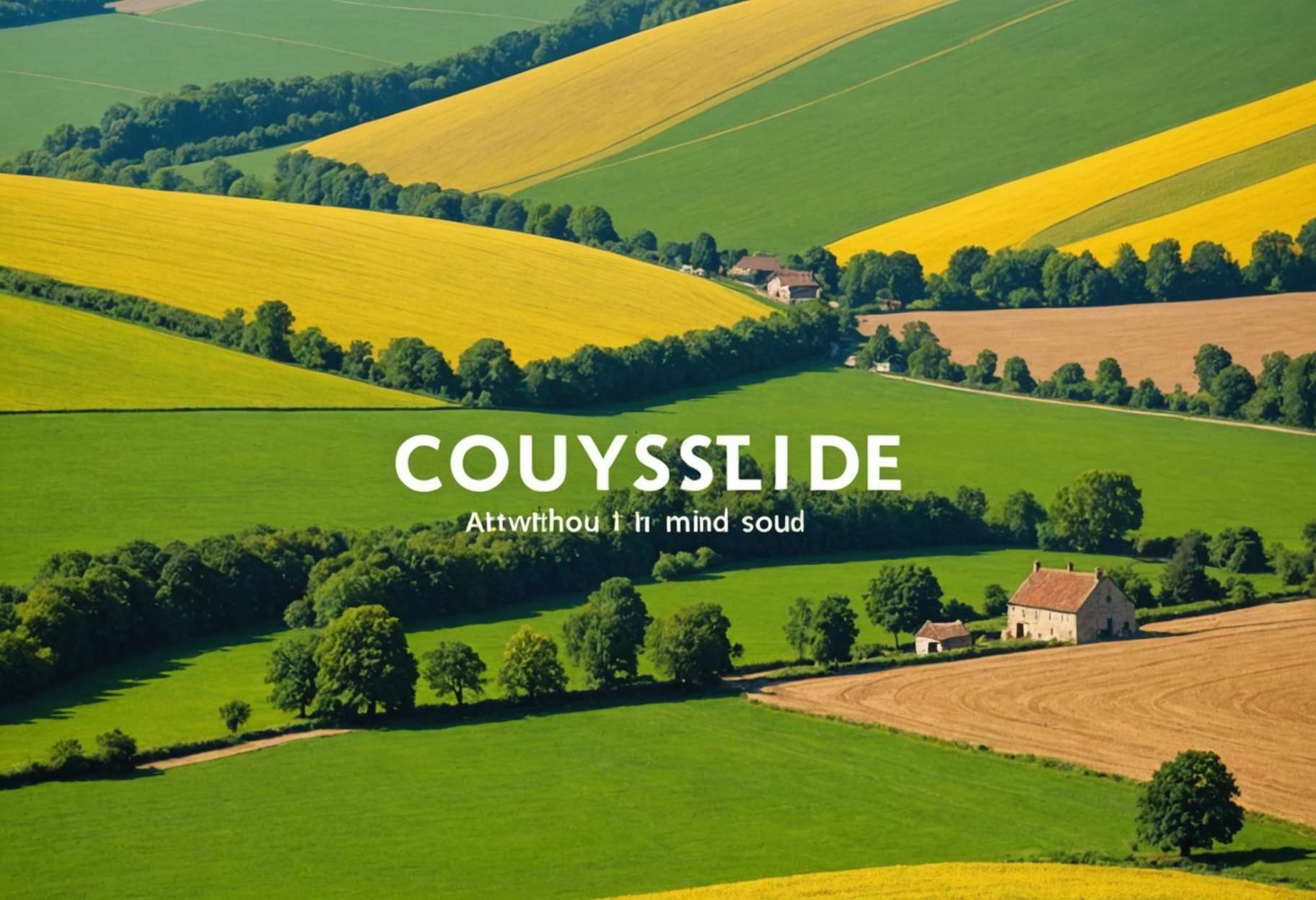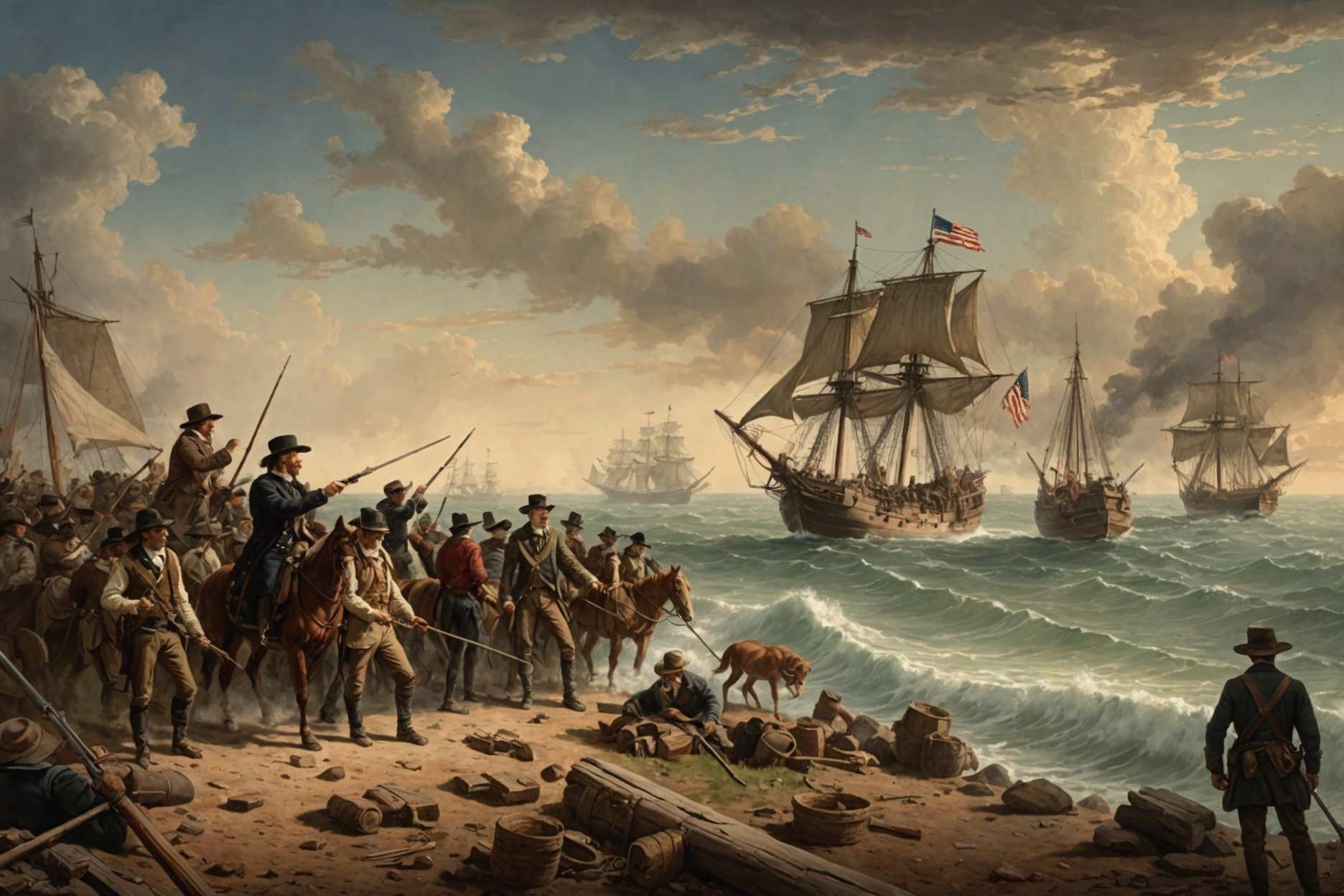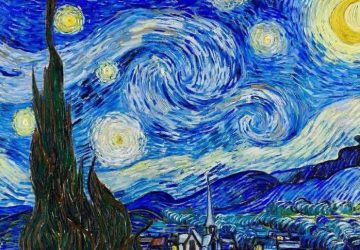The Best Traditional Music Arrangers in History
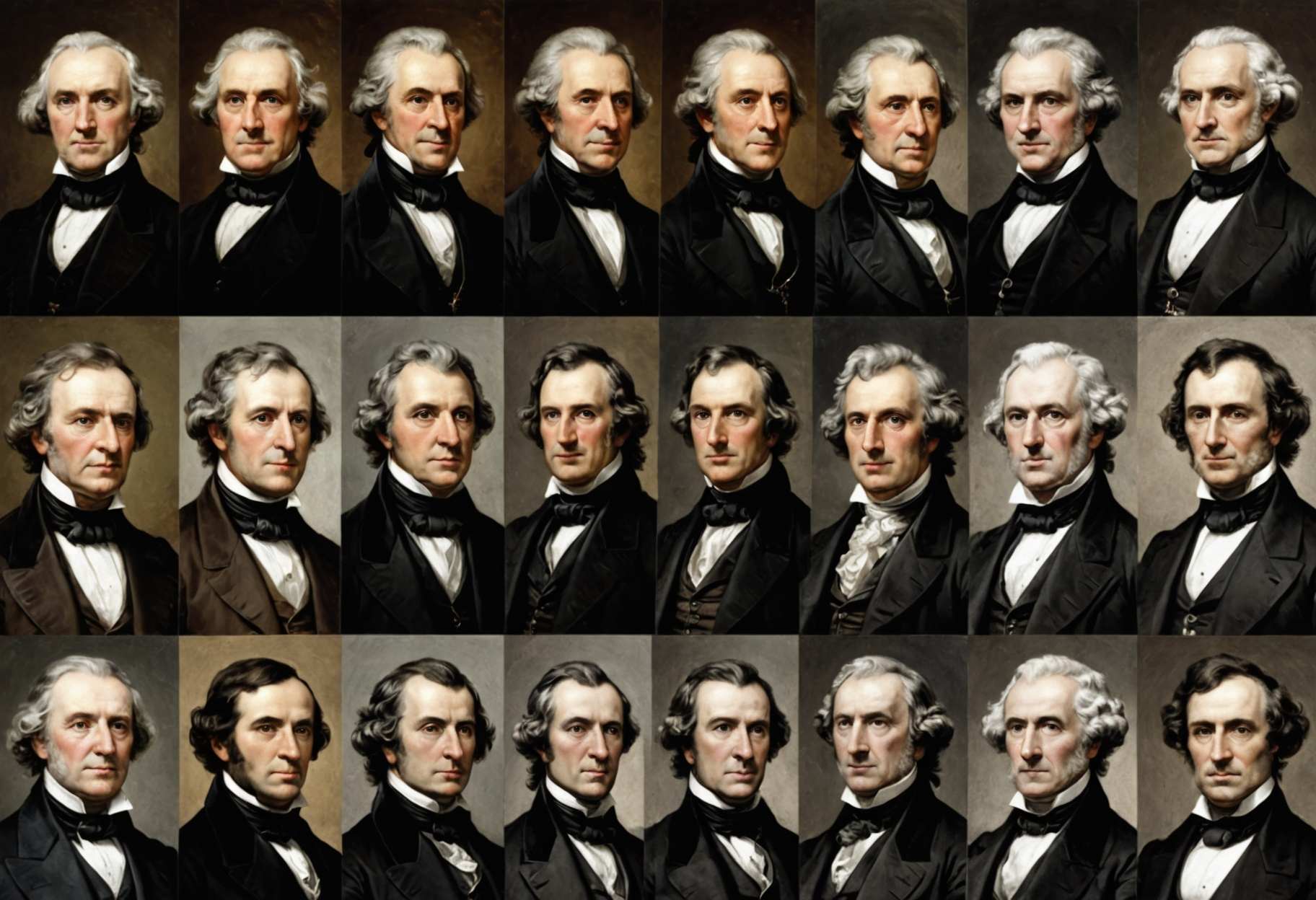
Old style music flaunts a rich and lively history, including various writers whose huge commitments have molded the class. These craftsmen have impacted the direction of music through their innovativeness, advancement, and compositional aptitude. Their works stay dazzling, constantly motivating artists and authors the same. This page features the extraordinary traditional music writers ever, whose immortal manifestations lastingly affect the music world.
Johann Sebastian Bach (1685-1750):
Bach is generally recognized as one of the best writers ever. His sytheses, which envelop different kinds, including sacrosanct and common pieces, show his remarkable specialized ability, complex contradiction, and profound musicality. Magnum opuses like the Brandenburg Concertos and the All around Tempered Harpsichord continue summoning esteem.
Wolfgang Amadeus Mozart (1756-1791):
A youngster wonder, Mozart formed more than 600 works in his concise life, going from ensembles and shows to concertos and orchestral compositions. His unrivaled ability for tune, development, and close to home profundity has solidified his status as a notorious figure in old style music. Works, for example, Orchestra No. 40 in G minor and the show The Marriage of Figaro stay valued staples of the collection.
Ludwig van Beethoven (1770-1827):
Beethoven's music implies a critical change from the old style to the heartfelt time. His orchestras, particularly the fantastic Ensemble No. 9, represent his earth shattering way to deal with arrangement, testing regular structures and articulations. His works are praised for their close to home power, power, and significant melodic articulations.
Franz Schubert (1797-1828):
Schubert's organizations interface traditional and heartfelt styles. He was a productive writer, especially eminent for his lieder (craftsmanship melodies), orchestras, and orchestral compositions. Schubert's tunes are set apart by excellence, lyricism, and reflection, clear in pieces like the \Trout\ Quintet and the \Incomplete\ Ensemble.
Pyotr Ilyich Tchaikovsky (1840-1893):
Tchaikovsky's sytheses are regarded for their profound profundity, rich organization, and vital songs. His ballet performances \x1 Swan Lake, The Nutcracker, and Dozing Excellence \x1 are among the most adored and habitually performed pieces in the traditional collection.
Johann Strauss II (1825-1899):
Known as the \Three step dance Lord,\ Strauss advocated the three step dance and created a variety of symphonic and dance music. His renowned dances, for example, \The Blue Danube\ and \Stories from the Vienna Woods,\ keep on enchanting crowds with their class, appeal, and drawing in rhythms.
Claude Debussy (1862-1918):
Debussy is perceived as a trailblazer of impressionist music, recognized by his inventive harmonies, variety and surface use, and reminiscent organizations. Works like \Clair de Lune\ and \Introduction to the Evening of a Faun\ transport audience members into illusory and air domains.
Johann Strauss I (1804-1849):
The dad of Johann Strauss II, Strauss I is commended as a conspicuous writer and guide known for his vivacious polkas, galops, and dances. His pieces, including the \Radetzky Walk,\ keep on passing bliss and fervor on to crowds universally.
Frederic Chopin (1810-1849):
Chopin's piano arrangements are commended for their specialized virtuosity and profound profundity. His nocturnes, prefaces, and songs are loved for their beautiful excellence and contemplative quality. Chopin's music mirrors a one of a kind mix of Clean society impacts and Heartfelt articulation.
George Frideric Handel (1685-1759):
Handel's works, especially his oratorios, lastingly affect old style music. His magnum opus \Savior\ is prestigious for its glory, power, and profound profundity. Handel's pieces embody his choral composing authority and capacity to convey profound feelings.
These ten writers address simply a small part of the momentous ability that has molded old style music since the beginning of time. Their arrangements have persevered, spellbinding crowds with their magnificence, multifaceted nature, and close to home reverberation. From Bach's mind boggling fugues to Mozart's great songs, Beethoven's progressive orchestras to Tchaikovsky's reminiscent ballet performances, these writers have laid out a significant heritage that proceeds to rouse and move us, featuring music's getting through ability to rise above time and contact the profundities of the human soul.
Johann Sebastian Bach (1685-1750):
Bach is generally recognized as one of the best writers ever. His sytheses, which envelop different kinds, including sacrosanct and common pieces, show his remarkable specialized ability, complex contradiction, and profound musicality. Magnum opuses like the Brandenburg Concertos and the All around Tempered Harpsichord continue summoning esteem.
Wolfgang Amadeus Mozart (1756-1791):
A youngster wonder, Mozart formed more than 600 works in his concise life, going from ensembles and shows to concertos and orchestral compositions. His unrivaled ability for tune, development, and close to home profundity has solidified his status as a notorious figure in old style music. Works, for example, Orchestra No. 40 in G minor and the show The Marriage of Figaro stay valued staples of the collection.
Ludwig van Beethoven (1770-1827):
Beethoven's music implies a critical change from the old style to the heartfelt time. His orchestras, particularly the fantastic Ensemble No. 9, represent his earth shattering way to deal with arrangement, testing regular structures and articulations. His works are praised for their close to home power, power, and significant melodic articulations.
Franz Schubert (1797-1828):
Schubert's organizations interface traditional and heartfelt styles. He was a productive writer, especially eminent for his lieder (craftsmanship melodies), orchestras, and orchestral compositions. Schubert's tunes are set apart by excellence, lyricism, and reflection, clear in pieces like the \Trout\ Quintet and the \Incomplete\ Ensemble.
Pyotr Ilyich Tchaikovsky (1840-1893):
Tchaikovsky's sytheses are regarded for their profound profundity, rich organization, and vital songs. His ballet performances \x1 Swan Lake, The Nutcracker, and Dozing Excellence \x1 are among the most adored and habitually performed pieces in the traditional collection.
Johann Strauss II (1825-1899):
Known as the \Three step dance Lord,\ Strauss advocated the three step dance and created a variety of symphonic and dance music. His renowned dances, for example, \The Blue Danube\ and \Stories from the Vienna Woods,\ keep on enchanting crowds with their class, appeal, and drawing in rhythms.
Claude Debussy (1862-1918):
Debussy is perceived as a trailblazer of impressionist music, recognized by his inventive harmonies, variety and surface use, and reminiscent organizations. Works like \Clair de Lune\ and \Introduction to the Evening of a Faun\ transport audience members into illusory and air domains.
Johann Strauss I (1804-1849):
The dad of Johann Strauss II, Strauss I is commended as a conspicuous writer and guide known for his vivacious polkas, galops, and dances. His pieces, including the \Radetzky Walk,\ keep on passing bliss and fervor on to crowds universally.
Frederic Chopin (1810-1849):
Chopin's piano arrangements are commended for their specialized virtuosity and profound profundity. His nocturnes, prefaces, and songs are loved for their beautiful excellence and contemplative quality. Chopin's music mirrors a one of a kind mix of Clean society impacts and Heartfelt articulation.
George Frideric Handel (1685-1759):
Handel's works, especially his oratorios, lastingly affect old style music. His magnum opus \Savior\ is prestigious for its glory, power, and profound profundity. Handel's pieces embody his choral composing authority and capacity to convey profound feelings.
These ten writers address simply a small part of the momentous ability that has molded old style music since the beginning of time. Their arrangements have persevered, spellbinding crowds with their magnificence, multifaceted nature, and close to home reverberation. From Bach's mind boggling fugues to Mozart's great songs, Beethoven's progressive orchestras to Tchaikovsky's reminiscent ballet performances, these writers have laid out a significant heritage that proceeds to rouse and move us, featuring music's getting through ability to rise above time and contact the profundities of the human soul.
LATEST POSTS
- 1
 Inn The executives: A Remunerating Profession Decision for Energetic People
Inn The executives: A Remunerating Profession Decision for Energetic People - 2
 Island Travel Guide: Must-Visit Objections for 2024
Island Travel Guide: Must-Visit Objections for 2024 - 3
 Finding Europe's Head Traveler Objections: An Excursion Through Famous Attractions
Finding Europe's Head Traveler Objections: An Excursion Through Famous Attractions - 4
 The Tradition of Stone: A Gander at Notable Structures Through the Ages
The Tradition of Stone: A Gander at Notable Structures Through the Ages - 5
 Best Wellness Tracker Keep You On target
Best Wellness Tracker Keep You On target
Share this article
 Make your choice for a definitive Christmas place to get-away!
Make your choice for a definitive Christmas place to get-away! Figure out How to Modify Your Pre-assembled Home for Greatest Solace and Stylish Allure
Figure out How to Modify Your Pre-assembled Home for Greatest Solace and Stylish Allure Getting through a Lifelong Change: Individual Examples of overcoming adversity
Getting through a Lifelong Change: Individual Examples of overcoming adversity A Manual for Pick Dependable Vehicle Rental Administrations For 2024
A Manual for Pick Dependable Vehicle Rental Administrations For 2024 Help Your Efficiency with These Work area Updates
Help Your Efficiency with These Work area Updates Figure out How to Adjust Work, Life, and an Internet based Degree
Figure out How to Adjust Work, Life, and an Internet based Degree Unwinding the Starting points of America: An Excursion Through History
Unwinding the Starting points of America: An Excursion Through History A Manual for Nations with Incredible Food
A Manual for Nations with Incredible Food The 10 Most Famous Works of art Ever
The 10 Most Famous Works of art Ever


